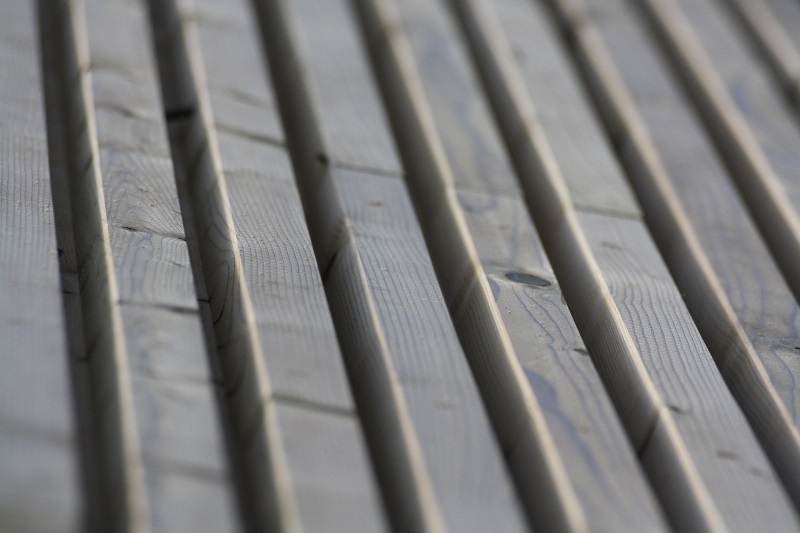The benefits of thermally modified wood
Published: 04/02/20 By: Mike Bekin
Here at EcoChoice, whilst we’re keen to embrace timber at its most natural and sustainable, we’re also passionate about the use of timber technology to increase its appeal or performance.
Things don’t get more cutting edge than Thermowood. Thermowood, also known as thermally modified wood, is growing in popularity throughout the UK and the rest of the world. Here, we deliver the ultimate guide to Thermowood, so you can discover what all the fuss is about.
What exactly is Thermowood?
As the name suggests thermally modified hardwood or softwood have been heat treated to unlock some pretty impressive benefits. The wood is treated using a completely natural and non-toxic practice, where it is baked to a temperature of more than 100 degrees.
The heating process takes place in an environment that’s devoid of oxygen, removing organic compounds from the timber cells to modify the timber permanently.
The resulting timber product is a lot more stable, with minimal moisture absorption. Durability is also enhanced, leaving the insects and fungi known to cause timber damage with little to feed on. With less water content,Thermowood is particularly lightweight, making it suitable for a vast range of applications.
In addition to the wood’s internal structure altering as a result of intense heat treatment, Thermowood looks different. Thermally-modified wood generally sports a rich, dark brown appearance – providing an attractive, and almost exotic look.
This chocolate colour can be maintained with the right finishing or can be left to weather naturally to a grey shade, a favourite of many architects and developers.
Several tree species are suitable for thermal modification, including Ash, Spruce, Pine, Frake, and Ayous. Oak is not widely available Thermodified since it is already naturally durable, but many are utilising thermal modification practices to enhance its appearance.
Why should you choose thermally modified wood?
Thermodified wood unlocks numerous advantages with its lightweight and dimensional stability being just two of the factors that make thermally modified wood the first choice across many projects.
Thanks to its durability and minimal moisture content, it doesn’t warp or lose shape as much as natural timber. It instead retains its shape for many years to ensure optimum performance with very little maintenance. Its resistance to mould, decay and insects is another plus-point.
Thermowood isn’t just great for the projects it’s used on, it’s great for the environment too as GardenSite details:
“Due to the way Thermowood® is treated using only heat and water vapour, rather than chemicals used normally, it allows the process to be much more environmentally friendly. Which is why the majority of people choose this process, along with its strength and durability.”
The chemical-free process used to modify the wood is beneficial to health when compared with other chemical alternatives. Even coming into contact with chemically-treated timber or breathing in the air that surrounds it can be harmful to human health. Thermowood is therefore a healthy and safe alternative to the commonly found pressure treated timber.
Where can Thermowood be used?
Thanks to its strength and mould resistance, and excellent thermal qualities, Thermowood is a natural choice for cladding. It can also be successfully used in other outdoor applications, including those subject to continuous wet conditions such as timber decking, siding, and flooring. It is even providing enviable solutions in less stable, high-moisture environments, like basements.
Unlike pressure treated wood products, Thermowood can be used in conjunction with metal. Its low moisture content means metals coming into contact with thermally modified wood don’t corrode as much – although stainless steel is always recommended.
How can I choose the highest quality Thermowood?
You can find the highest quality thermally modified timber products right here. We’re pioneers in the Thermowood market. We were in the first to supply FSC® certified hardwoods outside the standard thermally modified Spruce and Pine.
Find out more about our new Thermowood species by contacting our team direct on 0345 638 1340 or emailing info@ecochoice.co.uk.
Image: Yamoka / Shutterstock.com
Tags: ThermoWood
Categories: Insights
